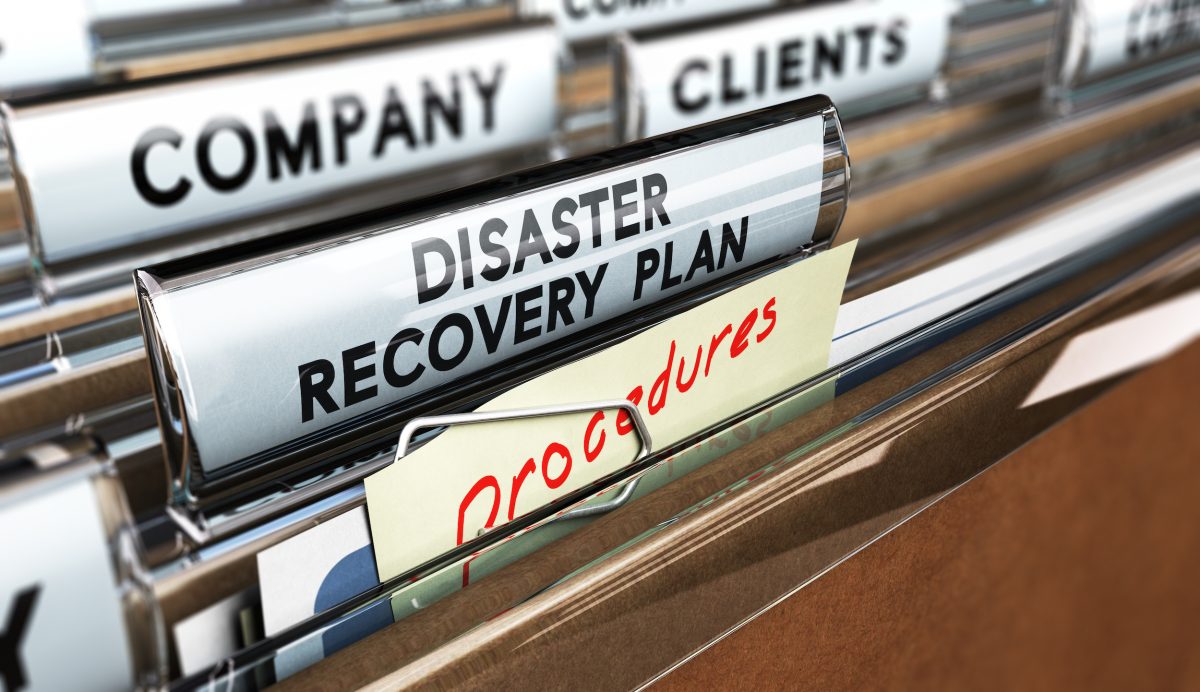In the past two weeks, Lance Armstrong and 60 Minutes have come to blows about an episode that aired on May 22. The episode took an in-depth look at the sport of cycling and interviewed two former Armstrong teammates who admitted they, along with Armstrong, had used performance enhancing drugs for years, including while riding in the Tour de France. These teammates have stated that they saw Armstrong use EPO, along with other banned substances.
 Armstrong was invited but refused to participate in the 60 Minutes story and has refused other interviews by unrelated news stations. For his part, Armstrong still vehemently denies the allegations and has hired a team of lawyers to threaten 60 Minutes and demand an on-air apology. In addition, Lance posted the following to his Twitter account:
Armstrong was invited but refused to participate in the 60 Minutes story and has refused other interviews by unrelated news stations. For his part, Armstrong still vehemently denies the allegations and has hired a team of lawyers to threaten 60 Minutes and demand an on-air apology. In addition, Lance posted the following to his Twitter account:
“20+ year career. 500 drug controls worldwide, in and out of competition. Never a failed test. I rest my case.”
I take issue with this type of PR. And so should all PR people. This is exactly why we’re known as “Spin Doctors” to the outside world. None of Lance’s recent responses by his lawyers or himself have actually said that he didn’t use drugs. He tiptoes around the subject, sends angry letters and demands respect with wordsmithed answers that sound pretty but have no substance.
As PR people, our job is to use words to communicate our message in the most effective way, but so often we get sucked into this idea that any negativity about a client is to be avoided at all costs.
But I ask - What if they deserve it? And what if that negativity could make them better and stronger in the long run?
A great example of this is Dominos' new ad campaign. The company is facing its critics head on with videos of focus groups tearing the brand apart and tweets about the cardboard consistency of its pizza.
From the CEO:
“You can either use negative comments to get you down or you can use them to excite you and energize your process and make it a better pizza. And we did the latter.”
The negative criticism actually spoke to the heart of what Dominos does – pizza. People didn’t like their pizza, so they listened and changed everything – the sauce, cheese, crust. And I’m certain they would tell you that they are a better company now for it.
These two stories are an important reminder that we can either try to run from negativity or we can truly listen to it and make ourselves, our clients and our companies better. Public relations isn’t just about managing public opinion, it’s about counseling and caring enough about our clients to let them know when they may need an adjustment in thinking.
What are your thoughts on the Lance Armstrong story? Do you think his reactions and responses are a negative reflection on the PR industry?
